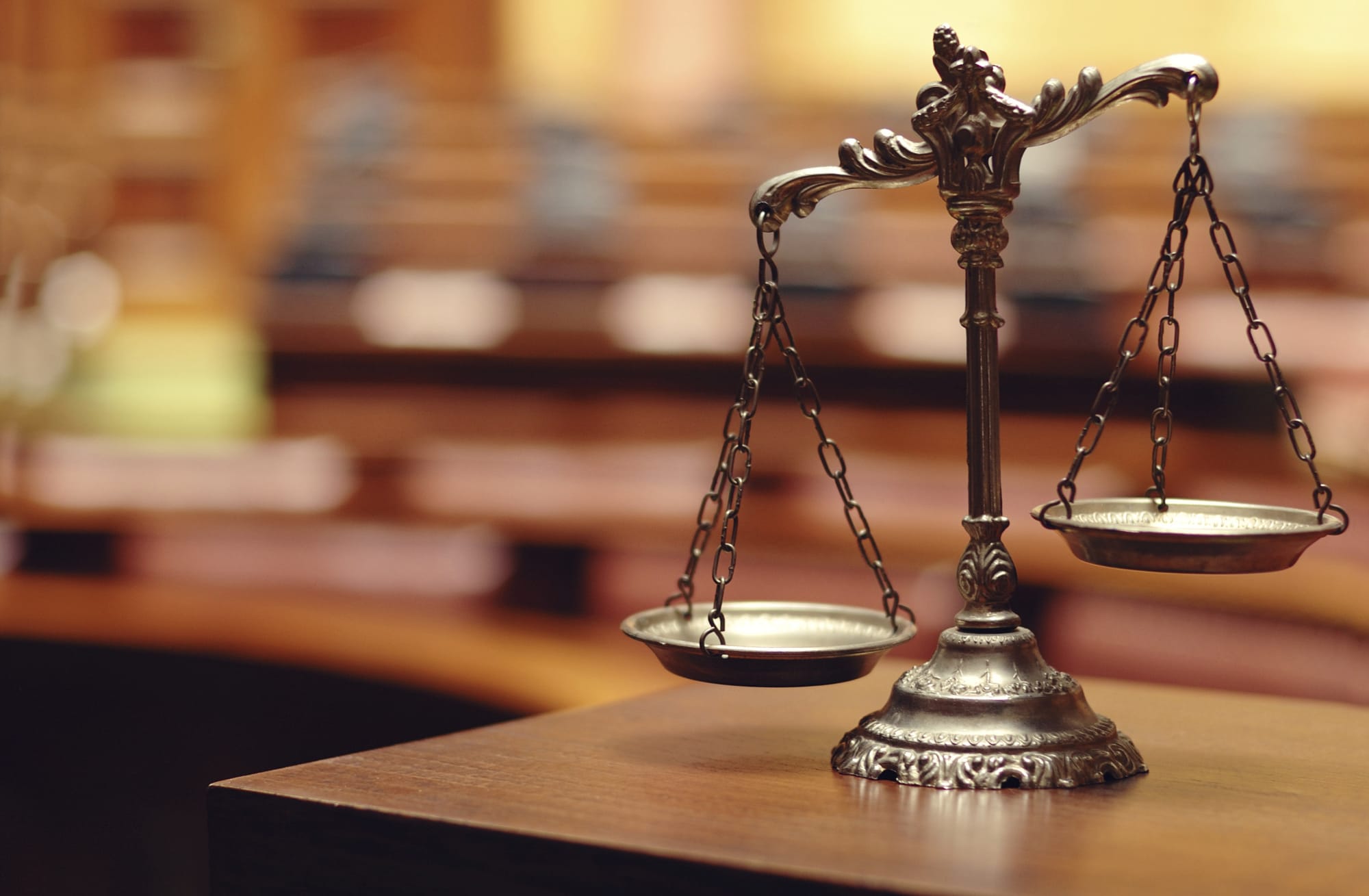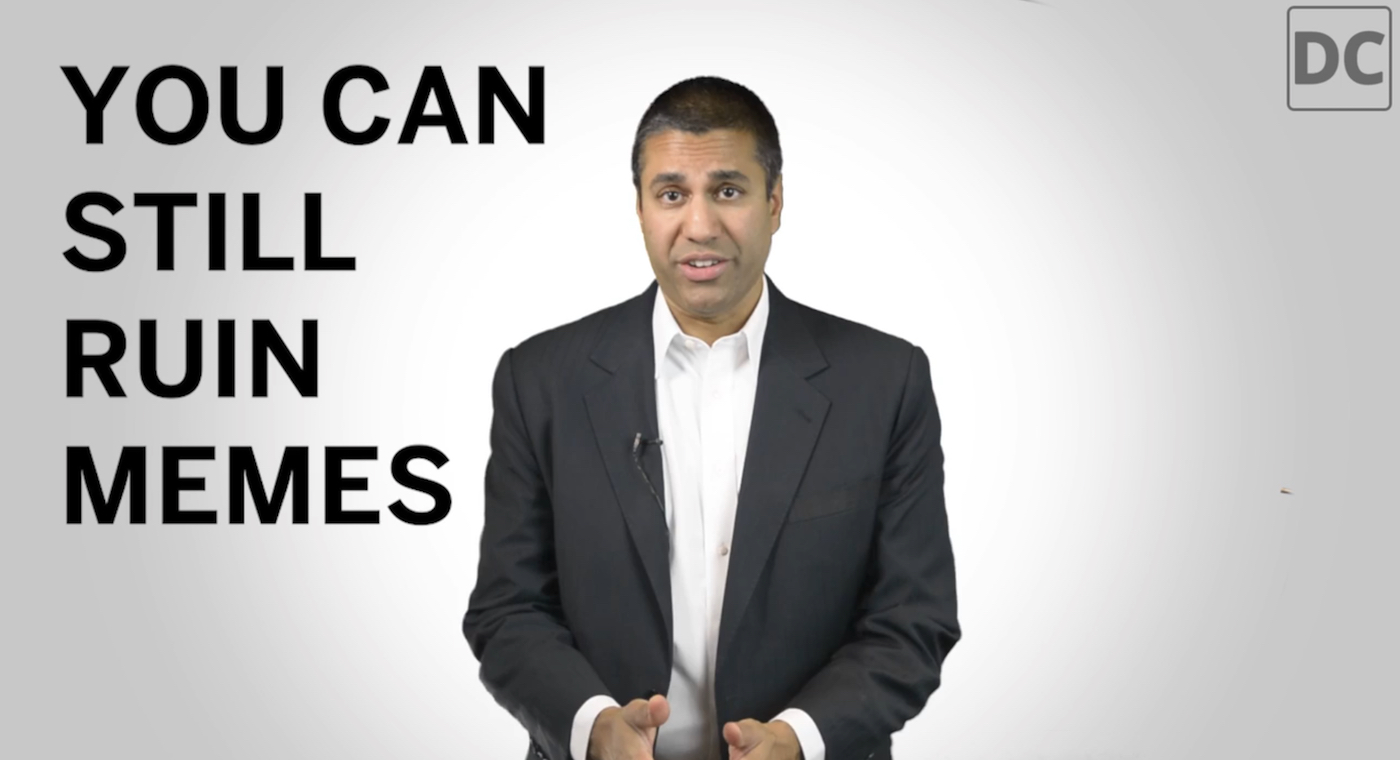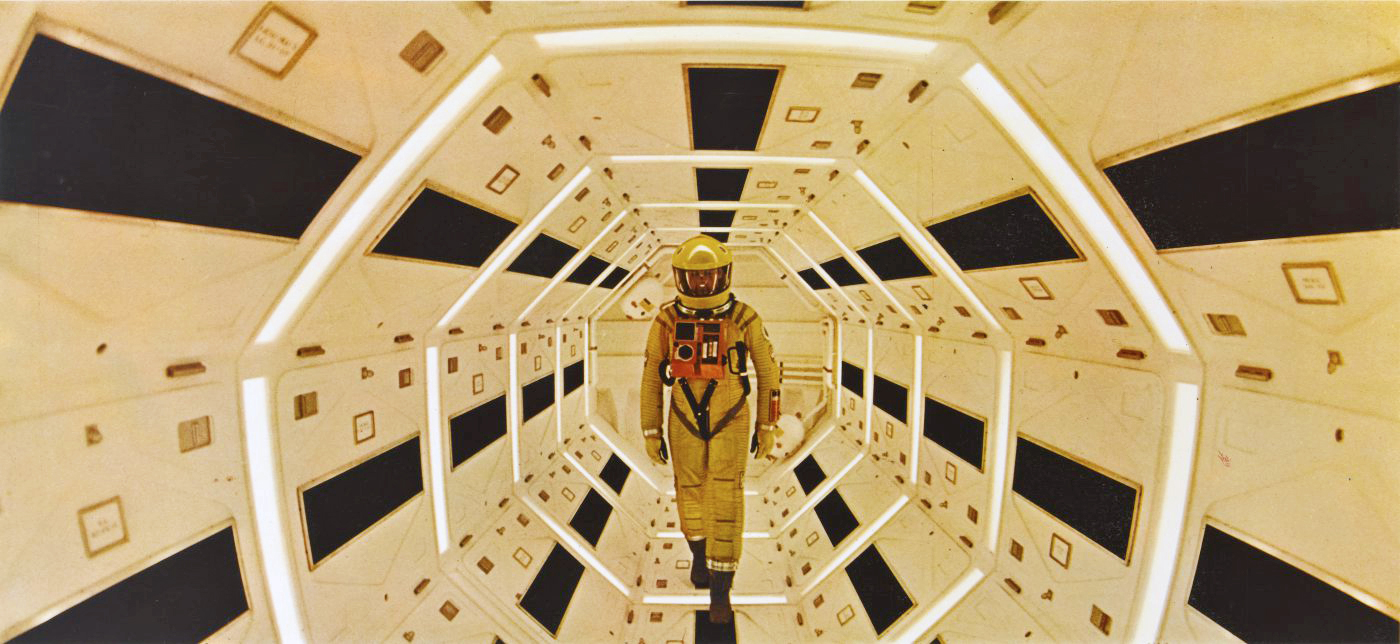
Believe it or not, it's still illegal in the UK to rip a favorite CD, or even to show copyrighted work in distance education -- both fair use permissions that many North Americans take for granted. Some sense is at last coming around now that the Intellectual Property Office is putting forward copyright reforms that accept a digital reality. The measures explicitly approve private copying for personal use, making it legal to shift formats as long as it's to play purchased content. Many of the reforms also clear up the murkiness surrounding institutional use: analysts, researchers and teachers should have access to copyrighted material over networks, as long as it's for non-commercial purposes. The fair use terms aren't as broadly outlined as they are in the US -- these are exceptions, not general rules -- but they go a long way towards legitimizing what many wanted all along. Or, let's be honest, were already doing.
[Image credit: Department for Business Innovation and Skills, Flickr]
Filed under: Storage, Networking, Internet
Comments
Via: GigaOM
Source: Dept. for Business Innovation and Skills
 In the real world, copyright legislation seems simple enough -- don't steal something and claim it as your own work. Online, however, things are murkier. The EU Parliament recently passed a law that would stop users from uploading copyrighted content...
In the real world, copyright legislation seems simple enough -- don't steal something and claim it as your own work. Online, however, things are murkier. The EU Parliament recently passed a law that would stop users from uploading copyrighted content...
 In the real world, copyright legislation seems simple enough -- don't steal something and claim it as your own work. Online, however, things are murkier. The EU Parliament recently passed a law that would stop users from uploading copyrighted content...
In the real world, copyright legislation seems simple enough -- don't steal something and claim it as your own work. Online, however, things are murkier. The EU Parliament recently passed a law that would stop users from uploading copyrighted content...
 This is a bit ironic. When FCC chairman and former Verizon lawyer Ajit Pai uploaded a video this week detailing all the things we'll still be able to do after he killed net neutrality, he apparently forgot one key step: asking permission. You see, pa...
This is a bit ironic. When FCC chairman and former Verizon lawyer Ajit Pai uploaded a video this week detailing all the things we'll still be able to do after he killed net neutrality, he apparently forgot one key step: asking permission. You see, pa...
 The European Commission has pulled down its free roaming plan for European residents, just days after it first posted it. "In light of the initial feedback received, President [Jean-Claude] Juncker has instructed the services to withdraw that text an...
The European Commission has pulled down its free roaming plan for European residents, just days after it first posted it. "In light of the initial feedback received, President [Jean-Claude] Juncker has instructed the services to withdraw that text an...
 After many years, Google's efforts to scan out-of-print books for online searching is officially in the clear. The US Supreme Court has declined to hear an appeal over Google's victory in a legal dispute wit the Authors Guild, effectively determinin...
After many years, Google's efforts to scan out-of-print books for online searching is officially in the clear. The US Supreme Court has declined to hear an appeal over Google's victory in a legal dispute wit the Authors Guild, effectively determinin...
 If there was a grand prize for "Most Work Done to Prove a Point" (and "Fanciest Name Ever") Jean-Baptiste Henri Franck Cyrille Marie Le Divelec would be a contender. For 2001: A Gif Odyssey, the ad agency creator painstakingly chopped Stanley Kubrick...
If there was a grand prize for "Most Work Done to Prove a Point" (and "Fanciest Name Ever") Jean-Baptiste Henri Franck Cyrille Marie Le Divelec would be a contender. For 2001: A Gif Odyssey, the ad agency creator painstakingly chopped Stanley Kubrick...
 You no longer have to dread the day that a game developer shuts off its servers and renders your favorite title unplayable. As part of a series of DMCA copyright exemptions, the US Library of Congress has granted long-sought permission to disable...
You no longer have to dread the day that a game developer shuts off its servers and renders your favorite title unplayable. As part of a series of DMCA copyright exemptions, the US Library of Congress has granted long-sought permission to disable...
 Google's goal of scanning millions of out-of-print books for online access has drawn the ire of authors and publishers for years. Today, a US appeals court ruled that the practice is in fact legal. Claims of infringement brought by the Authors Guil...
Google's goal of scanning millions of out-of-print books for online access has drawn the ire of authors and publishers for years. Today, a US appeals court ruled that the practice is in fact legal. Claims of infringement brought by the Authors Guil...
 So much for hopes that the tech industry would back away from copyright protection any time soon. The Joint Photographic Experts Group recently launched a Privacy & Security initiative that potentially brings digital rights management (DRM) to...
So much for hopes that the tech industry would back away from copyright protection any time soon. The Joint Photographic Experts Group recently launched a Privacy & Security initiative that potentially brings digital rights management (DRM) to...
